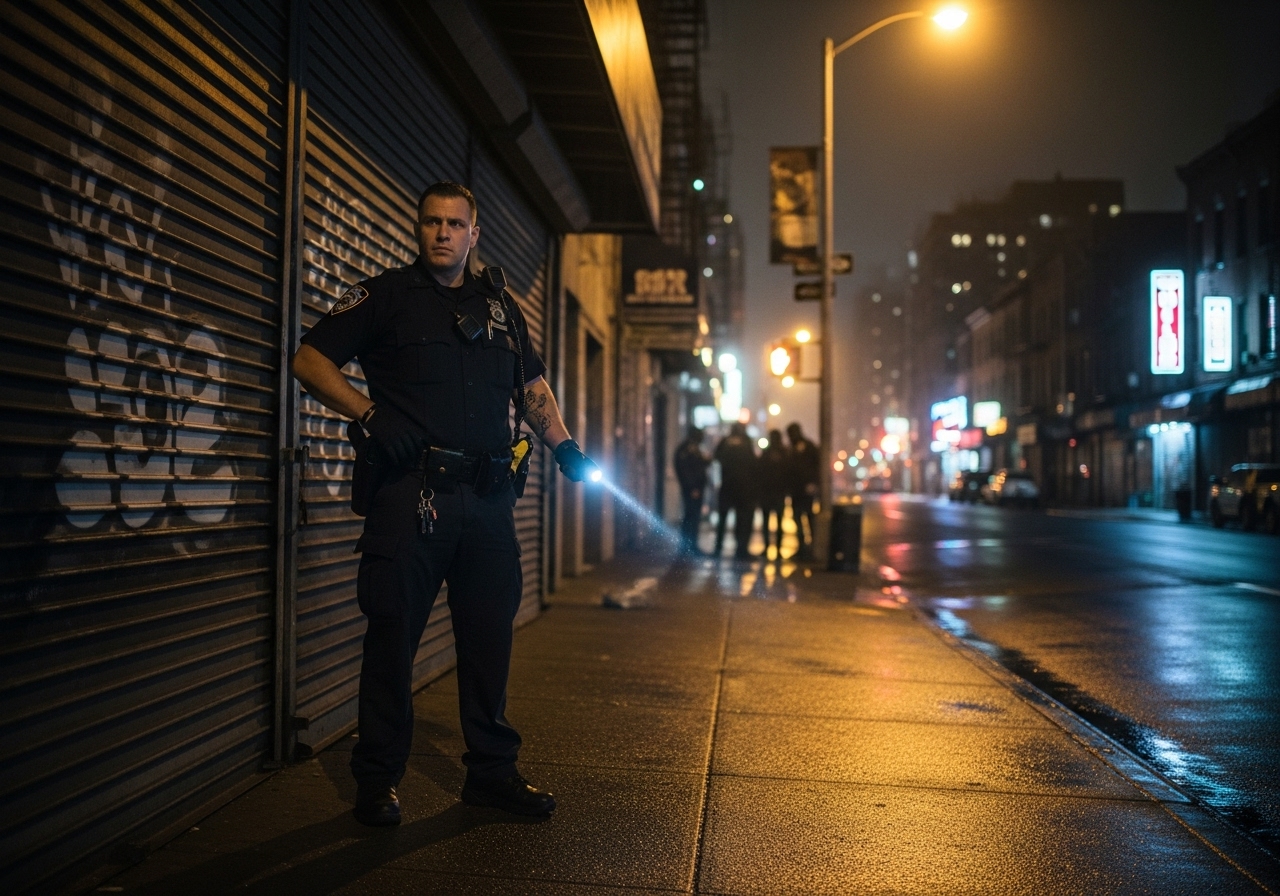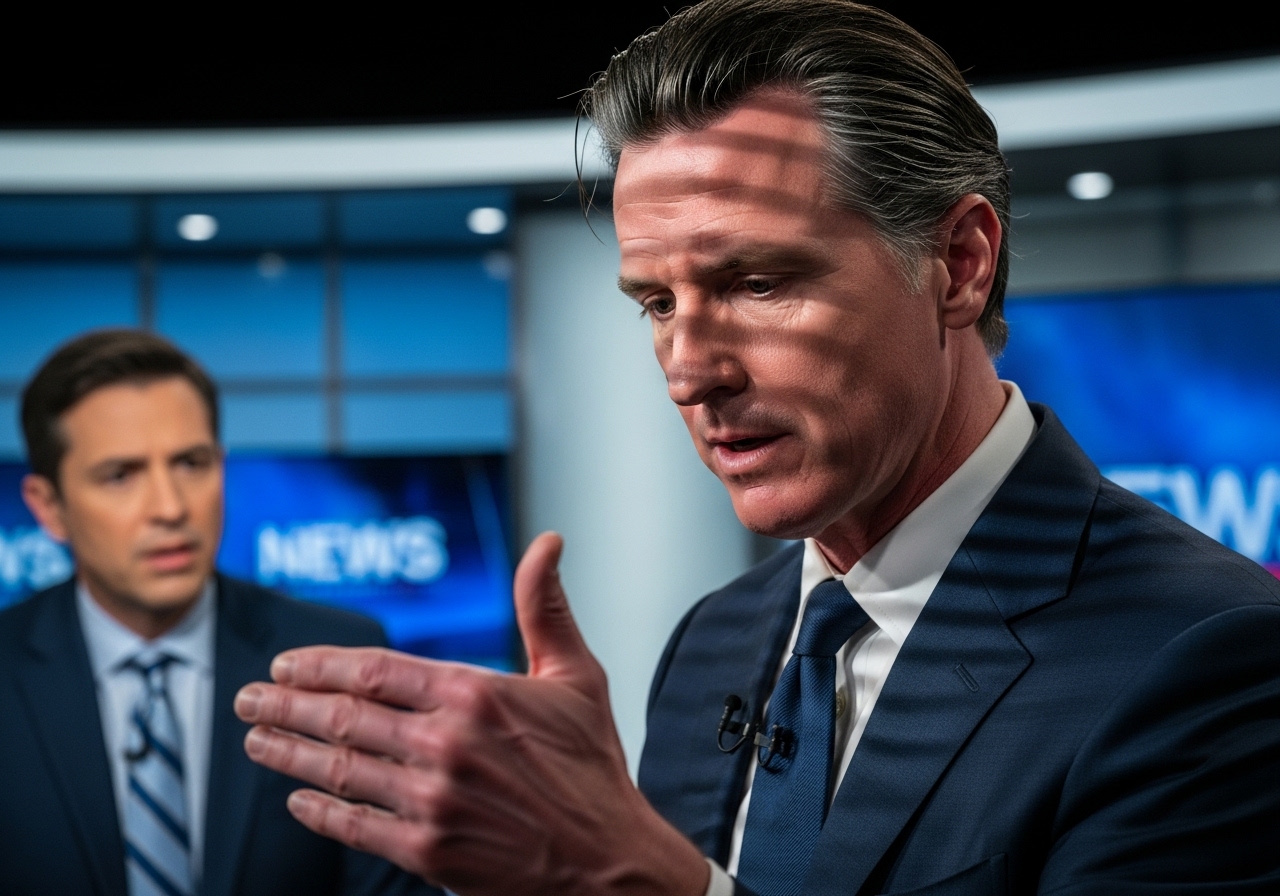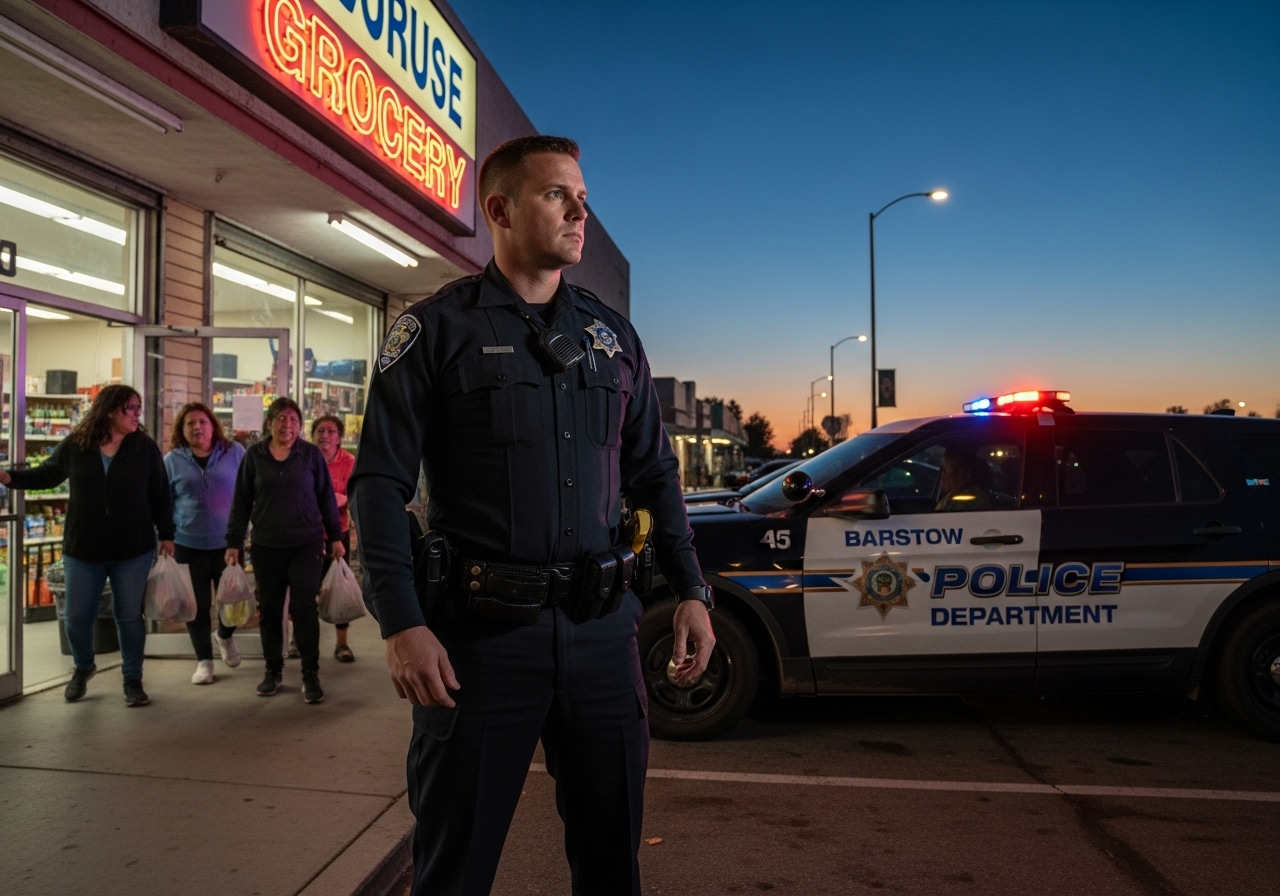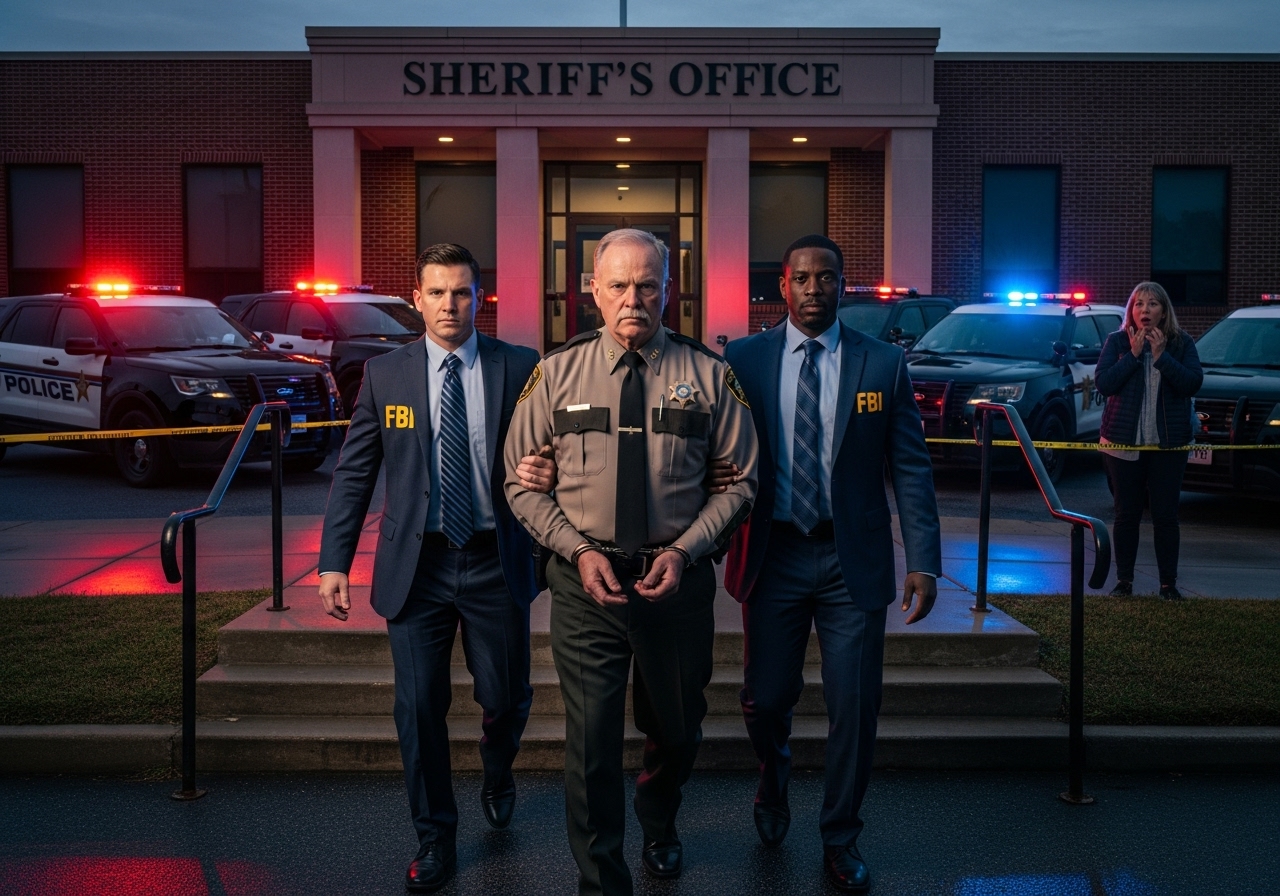A growing debate in New York City is raising concerns about crime, safety, and how laws affect neighborhoods. At the center of the issue is a stretch of Roosevelt Avenue in Queens, where prostitution and gang activity have become a daily part of life. Now, as the city prepares for a new mayoral election, people are asking what kind of future New York could face if certain policies are put into place.
Zohran Mamdani, a current state Assembly member, is running for mayor. In the past, he supported proposals to decriminalize prostitution, including backing a bill known as “Cecilia’s Law.” His critics say those ideas could make the problems along Roosevelt Avenue worse, and even cause them to spread across the city.
Former Governor Andrew Cuomo and Republican mayoral nominee Curtis Sliwa are two of Mamdani’s loudest critics on this issue. They warn that if Mamdani becomes mayor, the city could see an increase in prostitution, human trafficking, and related crimes.
Sliwa, who once led the Guardian Angels, a volunteer group that patrols neighborhoods to stop crime, says Mamdani’s ideas are dangerous. He believes the city’s red-light problems won’t stay in Queens. Instead, they could spread to other neighborhoods, harming families and businesses.
Cuomo agrees. He says the city’s job is to fight human trafficking and protect victims—not make it easier for criminals to operate. He pointed out that Mamdani supported the repeal of a law that allowed police to arrest people loitering for the purpose of prostitution. Cuomo sees that as a step in the wrong direction.
Mamdani, for his part, says he’s not calling for full legalization of prostitution. During a recent mayoral debate, he said he still supports some legal penalties for those involved in illegal sex work. He also claimed his past support for decriminalization was meant to protect vulnerable people, not make crime worse.
But for many local residents, that explanation isn’t enough. They say their neighborhoods already feel unsafe, and they fear Mamdani’s ideas would make things even worse. Ramses Frias, a Democrat who switched to the Republican Party and is now running for City Council, says the community is being ignored. He claims that everyday people are tired of the crime and want stronger enforcement, not weaker laws.
The NYPD has already made nearly 3,900 arrests along Roosevelt Avenue, with over 500 tied directly to prostitution. Despite that, the issue continues. Some locals argue that more arrests aren’t solving the problem, but others say relaxing the laws would only attract more criminals and make the streets even more dangerous.
There is also a broader debate over what “decriminalization” really means. Supporters say it can help sex workers avoid abuse and get help without fear of arrest. But opponents say it opens the door to more trafficking and makes it harder for police to stop illegal activity. While Mamdani insists his policies would be fair and thoughtful, critics say even symbolic support for decriminalization can send the wrong message to gangs and traffickers.
This debate goes beyond Roosevelt Avenue. It raises important questions about how the law should treat prostitution and what kind of city New York wants to be. Should the focus be on punishing crime, or on helping people escape dangerous situations? And what happens to neighborhoods when policies shift?
The answers could shape how the next mayor leads the city. With crime and safety being top concerns for many voters, Mamdani’s record is getting close attention. Whether they support or oppose his views, New Yorkers will have a clear choice: continue to push for changes to the laws around sex work, or double down on enforcement to stop the spread of crime.
As the election nears, this issue remains a key test of how candidates balance individual liberty, public safety, and the rights of neighborhoods to feel secure.





